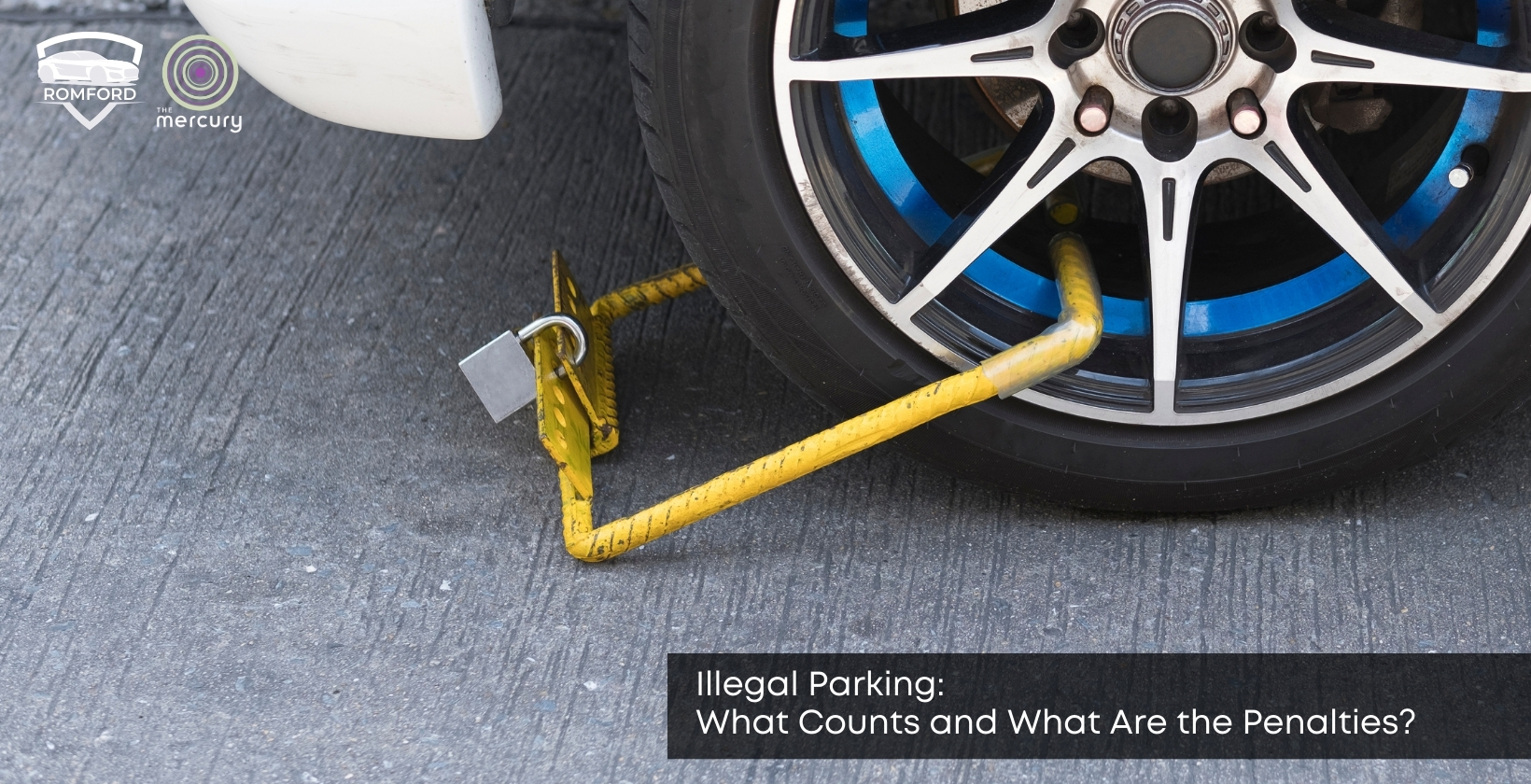Parking may seem simple, but not following the rules can lead to fines or even car loss. Many people park in the wrong places without knowing it’s illegal. Some areas have clear signs, while others rely on general road rules. If you’re unsure, it’s easy to make mistakes that could cost you money. That’s why it’s important to understand what counts as illegal parking in the UK.
What Is Considered Illegal Parking in the UK?
Illegal parking means leaving your car where it’s prohibited by law or road signs. This includes blocking roads, ignoring road markings, or parking in restricted zones. Some areas have time limits or rules based on the day or hour. If you break these rules, you may be fined or move your car. To follow the rules, you must know exactly where you cannot park.
Where Are You Not Allowed to Park?
You must not park on double yellow lines at any time unless signs say otherwise. Parking near junctions, bus stops, or pedestrian crossings is also illegal. You should also avoid parking in cycle lanes or in front of dropped kerbs. Some areas have red lines, loading zones, or controlled parking that require a permit. Pavement parking is another confusing rule, so let’s look at that next.
Is It Illegal to Park on the Pavement?
In many parts of London, pavement parking is already banned. Other cities across the UK are now looking to make similar rules. Pavement parking can block paths for people with prams or wheelchairs and damage the surface. Even where it’s not banned, councils may still fine you if you’re causing an obstruction. In the same way, parking in front of someone’s home can also create legal and social issues.
Can You Park in Front of a Driveway?
Parking across a private driveway can cause problems, especially if it blocks someone’s way in or out. It’s not always classed as a criminal offence, but local authorities can issue a fine if there’s a dropped kerb. Even without a fine, it’s considered inconsiderate and may cause complaints. Some residents put signs up, but they are not legally enforceable. Another place to be careful is private land, where different parking rules apply.
Can You Be Fined for Parking on Private Land?
Private car parks and landowners can issue fines if you park without permission. This includes supermarkets, car parks, hospital grounds, and office spaces. If cameras are in place, these fines are often sent through the post. The charges are legal as long as clear signs show the parking rules. Many people break these rules without realising, so knowing the most common illegal parking mistakes is useful.
What Are the Most Common Illegal Parking Offences?
Common offences include parking on double yellow lines, in loading bays, or without a valid permit. Others include overstaying time limits or ignoring pay-and-display rules. Parking on pavements or near junctions is also high on the list. Some people get caught by camera enforcement zones without realising. These mistakes often lead to fines, so let’s look at how much you could be charged.
How Much Are the Fines for Illegal Parking?
Parking fines in the UK vary depending on the area and the offence. In London, a higher-level offence could cost up to £130, while outside London, it may be around £70. Some fines are reduced if you pay them within 14 days. Depending on the company, private land fines may also range from £50 to £100. If you don’t pay the fine in time, more serious consequences can occur.
What Happens If You Don’t Pay a Parking Fine?
If you ignore a parking fine, it will usually increase after a set time. You may get reminders, followed by a notice from a debt recovery service. It could be registered with the court as a penalty charge if it’s from a council. This might affect your credit rating and lead to enforcement action. In some cases, your vehicle might even be clamped or towed away.
Can Your Vehicle Be Clamped or Towed for Illegal Parking?
Local councils and private companies can clamp or tow your vehicle in certain cases. This usually happens when your car is causing an obstruction or has several unpaid fines. Once clamped, you must pay a release fee before driving away. If it’s towed, you must go to a storage facility and pay to collect it. If you think the fine was unfair, you should appeal it before paying.
How Can You Appeal a Parking Fine?
If you believe a fine was given unfairly, you can challenge it. The notice will tell you how to appeal online or by post. You’ll need to explain your reason and provide any proof, such as photos or receipts. Councils and private firms must consider your appeal fairly. While dealing with your fine is important, many also ask what to do when others park illegally near their homes.
What Can You Do If Someone Parks Illegally Outside Your Home?
You can report illegal parking to your local council if it causes a problem. Enforcement officers may visit if a car is blocking your drive or parked dangerously. You should not try to block the car in or damage it, as this could get you in trouble. Some people use polite notes, but they are not always effective. It’s best to prevent these situations by parking properly yourself.
How Can You Avoid Parking Illegally?
Always read signs and road markings before leaving your car. If you’re unsure, use parking apps or websites to check local rules. Avoid guessing, especially in unfamiliar areas. Give yourself extra time to find a proper space rather than rushing into the wrong spot. Following these tips will help you stay on the right side of the law and avoid penalties.
What You Can Do to Park Legally
Illegal parking can lead to fines, car removal, and unnecessary problems. Most parking rules are easy to follow once you understand them. Taking the time to check signs and use legal parking spaces protects you and others. Spending a few minutes parking safely is better than paying a costly fine. By learning the rules and parking carefully, you’ll avoid stress and help keep the roads safe for everyone.


Leave a Reply